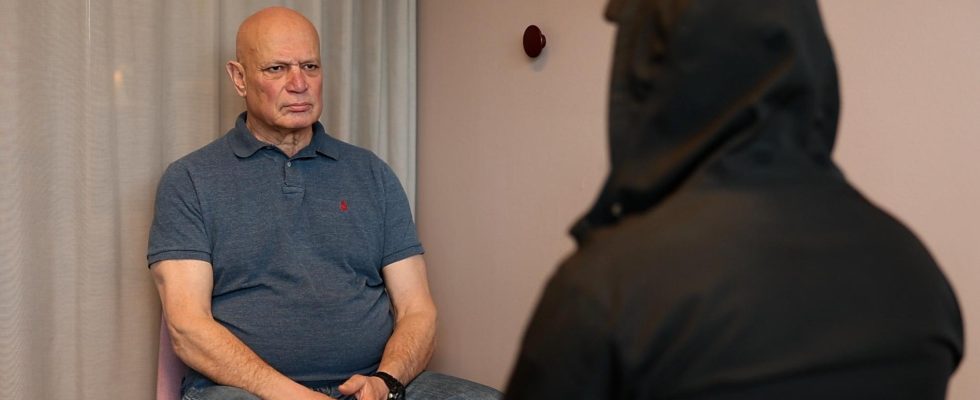unsaveSave
Guards have alarms in their pockets that they activate when people of immigrant background leave.
Code word 64 means there is a foreign person in the store who must be checked.
Employees and former employees testify to racism within the clothing company Zara.
“If someone wearing a hijab came in, we would follow them,” says a former employee.
During Aftonbladet’s investigation of the clothing chain Zara, a recurring theme when interviewing current and former employees is that customers with immigrant backgrounds are monitored and pursued.
“The managers have a very poor view of people from the Middle East and Roma people. ‘That shouldn’t be our focus; we should focus on Swedes.’ During evening and morning meetings, it’s said that ‘they are the ones who steal and create chaos,’ says a former employee and continues:
“If someone wearing a headscarf came in, we would follow them. We wouldn’t make eye contact, because then they might ask something.”
“It was clear that the guards were supposed to follow black people,” says another.
expand-left
full screen “If you suspect someone, you should wait until that person approaches the alarm gates. Then you should activate the alarm,” says a former security guard at Zara. Photo: Aftonbladet
Hidden clothing alarms
Code words were called out over the speakers in Zara stores, another former employee recounts:
“If the person looked poor and had a backpack, we had code words. It could be ’64.’ If it was called out over the speakers, plainclothes security guards would come.”
A former security guard talks about hidden clothing alarms that would be triggered by the guards when people perceived as immigrants passed through the alarm gates:
“A colleague taught me. We were supposed to keep an eye on people with immigrant backgrounds, those who, for example, wear a hijab.”
expand-left
full screen Photo: Andreas Bardell
“You should have an alarm in your pocket. If you suspect someone, you should wait until that person comes near the alarm gates. Then you should activate the alarm. It occurred daily. But there were more suspicions than theft attempts. More innocent people than guilty.”
Used in several stores
“The legal support is that you perform the check as a service measure, that the staff may have forgotten to remove the alarm. I used to say ‘excuse me, it would be good if you went back to the cashier,'” says the ex-guard and continues:
“I haven’t experienced anything similar in other clothing stores, and I’ve worked in several.”
The system of alarming people with foreign backgrounds has been used in several Zara stores. An employee in another part of Sweden explains:
“Once, I saw a manager with an alarm in his pocket that went off at the same time as an immigrant customer went out. Just to be able to stop this customer.”
There are also reports that customers with immigrant backgrounds have a harder time returning clothes than Swedes:
“Zara doesn’t really accept returns after 30 days. But a Swedish manager allowed a Swedish girl to make a return, while a girl with a hijab couldn’t do it,” says a former employee.
FACTS Facts about our Zara investigation
arrow Aftonbladet´s TV program 200 Seconds has interviewed 39 employees and former employees who testify to terrible working conditions at Zara. Seven of them are currently employed, twelve worked there within the past year, and twenty left before 2023.
arrow Almost no one dares to come forward with their name and image and speak about the conditions at Zara:
“People from Zara will knock on your door at home and threaten you,” says one employee.
arrow Zara is part of the world’s largest clothing retailer, Spanish Inditex, which has 165,000 employees. In Sweden, there are 13 Zara stores and 445 employees.
arrow Inditex is owned by the Spaniard Amancio Ortega, 87. He is the twelfth richest person in the world with a fortune of 105 billion US dollars, according to Forbes.
Read more
